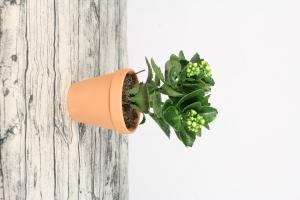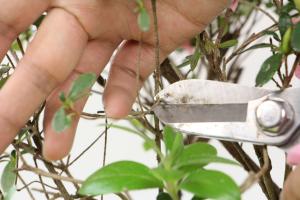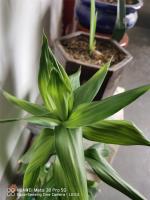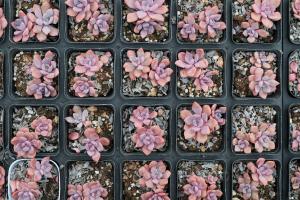Is Algae Water Bad for Plants?
Algae water is the water that contains a high amount of algae growth. It can occur in ponds, lakes, and even in your garden water feature. One question that arises frequently is whether algae water is bad for plants. The answer is not straightforward because it depends on several factors.
The Benefits of Algae Water for Plants
Algae water can be beneficial for plants. Algae is a natural source of nutrients and can provide plants with essential minerals like nitrogen, phosphorus, and potassium. The presence of algae in water can stimulate plant growth and improve the overall health of your plants. Additionally, algae can help retain water and prevent soil erosion.
The Drawbacks of Algae Water for Plants
On the other hand, algae water can have some drawbacks for your plants. One significant issue is that algae can compete with plants for oxygen, which can lead to reduced oxygen levels in the water. If the oxygen level becomes too low, it can harm the plants' roots and even cause them to die if left untreated for an extended period.
Moreover, algae water can produce toxins that can harm your plants. Some types of algae produce toxins like microcystin, which can cause respiratory or skin irritations in humans and animals, and also harm plants' growth. Additionally, if the algae water contains high levels of nitrogen and phosphorus, it can lead to algae blooms, which can shade or suffocate plants in the water.
How to Deal with Algae Water for Plants
If you have algae water in your garden water feature or pond, you can take several steps to minimize its adverse effects on your plants. One solution is to introduce beneficial bacteria, like aerators and water pumps, which can help maintain oxygen levels and break down algae. Additionally, you can manually remove algae by using a skimmer or algae scraper or adding algae-eating fish like goldfish or koi to the water feature.
Another option is to use a treatment like copper sulfate to kill the algae. However, this method can be harmful to other aquatic life, so it should only be used in moderation and with careful consideration.
Conclusion
In summary, whether algae water is bad for plants depends on several factors. While algae water can provide plants with essential nutrients, it can also compete with plants for oxygen, produce toxins, and cause algae blooms that harm the plants. To minimize its adverse effects, you can introduce beneficial bacteria, manually remove the algae, or use a treatment like copper sulfate in moderation.

 how many times do yo...
how many times do yo... how many planted tre...
how many planted tre... how many pine trees ...
how many pine trees ... how many pecan trees...
how many pecan trees... how many plants comp...
how many plants comp... how many plants can ...
how many plants can ... how many plants and ...
how many plants and ... how many pepper plan...
how many pepper plan...

































